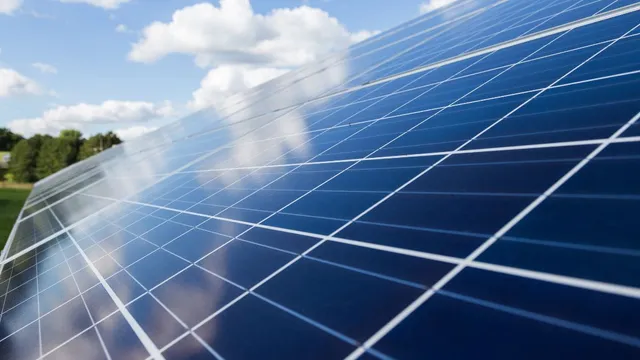- By Aditya Pratap Singh
- Mon, 04 Nov 2024 03:54 PM (IST)
- Source:JND
India has been re-elected as the President of the International Solar Alliance (ISA) for a term of two years from 2024 to 2026, Union Minister Pralhad Joshi said on Monday. In a press conference at the ongoing 7th ISA General Assembly, Joshi said that France has been re-elected as the vice president of the alliance. The election of India as President, which includes mini-grid and healthcare solutions, is a testament to the country's years of impactful work for the welfare of the world under the leadership of Prime Minister Narendra Modi in promoting solar energy adoption across the globe and increasing investment in critical solar projects.
The Assembly also elected eight Vice-Presidents of the Standing Committee, two from each of the four ISA geographical regions. From the African region, Ghana and Seychelles have been elected as Vice-Presidents while South Sudan and Comoros will support the Vice-Presidents as African Vice-Presidents. From Asia and the Pacific, Australia and Sri Lanka have been elected as vice presidents, with the United Arab Emirates and Papua New Guinea as vice presidents, he said.
From Europe and other regions, Germany and Italy have been elected as vice presidents, as have Greece and Norway. He said Grenada and Suriname, Jamaica and Haiti will be vice presidents of the Latin America and Caribbean Regional Committee. ISA member states have also elected the third Director General of the Alliance. Ashish Khanna has been appointed Director General and will take over in March 2025, when the term of the current Director General Ajay Mathur ends, he said.
Also Read: Niva Bupa IPO: Price Band Set At Rs 70-74 Per Share; Bid To Open On November 7
ISA launched demonstration projects in 2020 to meet the needs of the Least Developed Countries (LDCs) and Small Island Developing States (SIDS). The goal was to demonstrate applications of solar technologies that can be scaled up and build the capacity of member countries to replicate these solar-powered solutions. Joshi noted that 11 of the projects were dedicated to the people of their respective countries: Bhutan, Burkina Faso, Cambodia, Cuba, Djibouti, Ethiopia, Mauritius, Samoa, Senegal, Gambia, and Tonga.
He said that ISA remains committed to helping governments scale up solar power projects and improve the lives of their people. A key topic of discussion will be guidelines for the Viability Gap Funding (VGF) scheme, under which 10 per cent to 35 per cent of the total solar project cost will be funded by the countries themselves, with the remaining 90 per cent cost locked in as grants for solar project development in identified LDCs and SIDS.
The ISA Assembly will also consider proposals to promote greater involvement of women in ISA initiatives, programmes, and support activities, wherever possible, throughout Member States.

